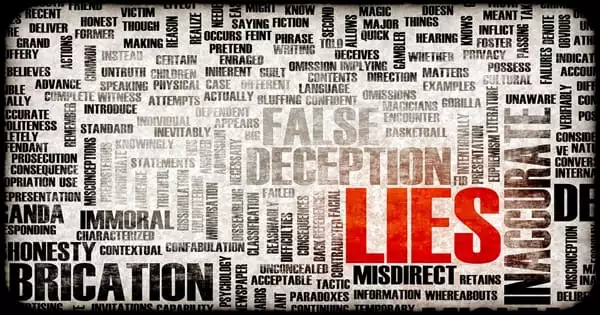One would assume that dishonesty would be the last thing to happen in a learning institution. Unfortunately, in the ten years that I have been in school, I have witnessed pupils’ inventiveness in extending the borders of dishonesty.
One example that has stayed with me is that of a classmate who kept the extra change offered to him by the frantic vendor for his purchase of a bowl of noodles. We were only in Year Three at the time, and obviously saving the additional change would not have occurred to any reasonable person, but this was not the case for my friend. He not only proudly retained the RM2 excess change, but he also boldly declared to the rest of us how clever he was to have made the extra cash. Needless to say, we were stunned by his deception.
When I was in primary school, the school administration required parents to sign test papers to guarantee that parents were kept informed about their child’s performance. However, I have witnessed many incidents of students falsifying their parents’ signatures in order to avoid having to study for a test. In fact, one such forgery case included a close friend of mine who painstakingly forged his father’s signature on a test paper that he had failed miserably. It didn’t work since he was eventually discovered by the suspicious teacher who was perplexed by his father’s lack of response on the subject. The teacher and his father seemed to be in constant communication about his academic achievement. In the end, the matter came to light and he was given demerit points.
Another type of dishonesty I’ve seen at school is pupils lying about their schoolwork. When the teacher inquired about the missing assignments, the pupils’ responses were always the same: it was lost or it had been turned in. Despite the fact that it was evident that the student was at fault, he insisted on telling his story come hell or high water. This meant that the teachers couldn’t punish the kid for an assignment that had gone missing, especially because the poor unfortunate teacher was blamed for it. Given the fact that instructors have so many things to remember, it is understandable that they would be plagued by self-doubt on this subject. Thus, the student invariably gets away with it.
Lying has many advantages. It enables people to feel better about themselves, appear better in the eyes of others, and sustain positive connections. At the same time, lying might cause issues. Lying can be cognitively draining, it can raise the likelihood of people being penalized, it can jeopardize people’s self-worth by preventing them from considering themselves as “good” people, and it can generally weaken confidence in society.
How can we know whether lying will result in good, negative, or a combination of the two? In a recent review paper, we proposed that understanding why people lie can help people predict the repercussions of those falsehoods. We looked specifically at how lying out of care for others, a desire for monetary gain, and a want to maintain a favorable self-concept can have unexpected positive and negative repercussions that are directly related to the goals fueling the falsehoods.
Perhaps it is because the school is a microcosm of the real world that these acts of dishonesty occur, despite the fact that it is a place where future leaders of the country are educated. Nonetheless, it is unfortunate that youngsters as young as nine years old can be guilty of such deception.
















